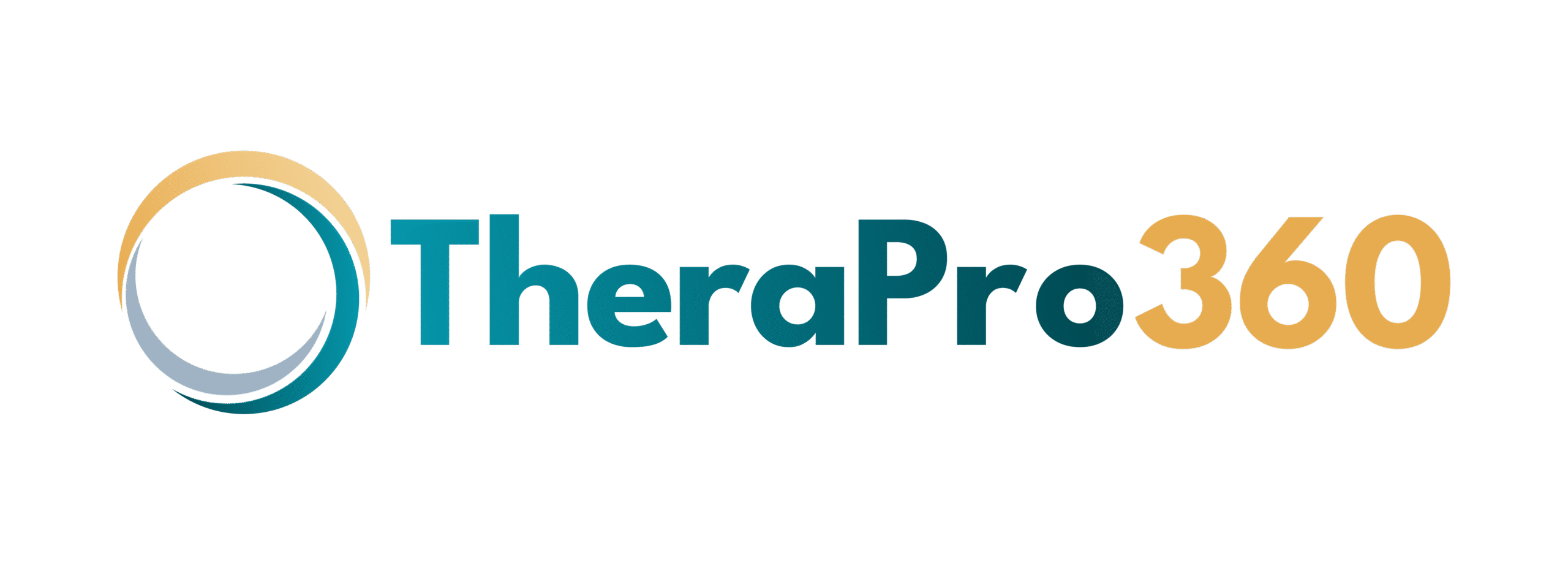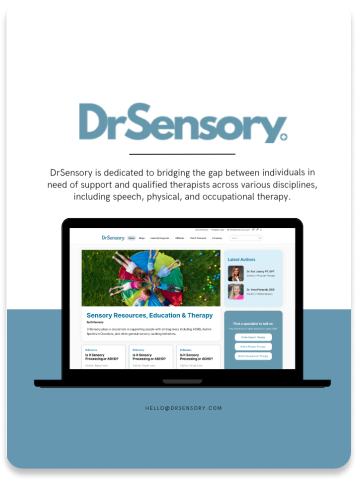
Blog
Do Offices Need Both EHR and Practice Management Software?
Expert web designers ensure the site and software is easy to use.Do Offices Need Both EHR and Practice Management Software?
The healthcare industry operates at the intersection of technology, clinical precision, and administrative complexity. For medical and therapy practices, the question often arises—do you really need both an Electronic Health Record (EHR) software and practice management software? At first glance, these systems might seem redundant. However, their distinct functionalities make them indispensable for running a modern healthcare practice. Below, we explore the differences, roles, and combined benefits of these two critical technologies.

What is EHR Software?
Electronic Health Record (EHR) software is a digital system specifically designed to manage and organize a patient’s clinical information. It acts as an essential tool for healthcare providers to document, access, and analyze patient health data efficiently. From progress notes and test results to medication plans and treatment histories, EHR ensures clinicians have a 360-degree view of their patients’ health.
Key Features of EHR Software
- Centralized patient health records
- Tools for creating and managing clinical notes
- Medical history tracking and automated alerts
- Seamless sharing of data across healthcare providers for coordinated care
Simply put, EHR software optimizes clinical outcomes by empowering healthcare professionals with precise and accessible patient information. However, while its clinical focus is invaluable, it does not address the operational challenges practices face daily.
What is Practice Management Software?
Practice management software, on the other hand, is designed to streamline the administrative and financial aspects of running a healthcare practice. It removes the complexities associated with scheduling, billing, compliance, and patient communication, contributing to smoother workflows.
Key Features of Practice Management Software
- Appointment scheduling and calendar integration
- Automated billing and claims management
- Administrative task automation
- Secure patient communication portals
- Reporting and analytics for administrative efficiency
While EHR software caters to improving patient care through clinical insight, practice management software addresses operational efficiency to ensure businesses run smoothly. Each focuses on complementary yet distinct aspects of healthcare delivery.

Is There Practice Management Software With EHR Functionalities?
Some practice management software systems integrate EHR functionalities, streamlining clinic operations by reducing the need for multiple platforms. This hybrid approach enhances efficiency by combining administrative and clinical tools into a single system. For example, TheraPro360 is designed for therapists to manage scheduling, billing, and patient records while also offering essential EHR features like progress tracking and documentation. Such solutions simplify workflows, particularly for smaller practices, and ensure that both operational and patient-care needs are centralized within one comprehensive system.
Do You Need Both Systems?
The short answer is yes—especially for therapy clinics, medical offices, and healthcare practices that aim for optimized care and operations. Employing both EHR and practice management systems equips your practice with the resources needed for comprehensive day-to-day functioning. Here’s why:
1. Specialized Functions for Specific Needs
The role of EHR systems is inherently clinical. For example, a therapist might use an EHR to document session progress notes or treatment goals. However, it won’t help with scheduling new client appointments or preparing invoices. That’s where practice management software steps in, handling non-clinical tasks seamlessly.
2. Efficiency and Time Savings
Time is a scarce commodity in most healthcare practices. Coordinating administrative workflows with clinical operations becomes more efficient when both systems are employed. For instance, while EHR ensures doctors are updated on their patient’s medical status, practice management software can ensure the patient has scheduled their next appointment.
3. Improved Patient Experience
Combining both systems elevates patient care quality and experience by offering smoother interactions. While the EHR facilitates better-informed clinical visits, practice management software reduces wait times, billing errors, and scheduling conflicts, ensuring a pleasant and stress-free experience.
4. Enhanced Compliance
Healthcare regulations, such as HIPAA in the United States, require rigorous handling of patient data—both from a clinical and administrative perspective. EHR ensures consistency in patient care documentation, while practice management software ensures billing transparency and proper documentation of financial records.
5. Scalability for Growing Practices
For practices looking to grow—such as therapy clinics or new office setups—having both EHR and practice management systems provides the technological foundation for scalable operations. The integrated use of both ensures no area—whether clinical or operational—is left behind as demand increases.
Introducing TheraPro360 Practice Management Software
For therapists eager to streamline their practices without compromising care quality, TheraPro360 Practice Management Software offers a comprehensive solution. Designed specifically for therapy practices, this software integrates seamlessly into healthcare operations, eliminating stress from administrative burdens.
- Automated Scheduling: Simplify appointment booking with smart calendar integration.
- Secure Billing & Claims Management: Handle complex billing processes with ease, ensuring client confidentiality at all stages.
- Custom Reporting Tools: Gain insightful analytics to optimize practice operations.
- Client Communication Portals: Foster consistent communication while maintaining HIPAA compliance.
Experience practice management software built for healthcare professionals—experience TheraPro360.

Seamless Integration for Maximum Impact
The synergy achieved by employing both EHR and practice management systems is the secret to unlocking the full potential of healthcare technology for your practice. These systems aren’t just tools—they’re strategic investments in efficiency, patient satisfaction, and overall business success.
For clinics, offices, and therapy practices, the decision to adopt both technologies isn’t one of redundancy but rather of complementarity. An EHR equips your clinicians with the data needed for better patient care, while practice management software empowers your administrative team to deliver a seamless patient experience.
Still wondering how to improve your healthcare practice with the right tools? Book a consultation with TheraPro360 today, and start streamlining your workflows without compromise.
Why TheraPro360?
Run your practice with simplicity with our streamlined scheduling, seamless telehealth integration, centralized patient portals, intuitive calendar management, and automated invoicing.
Get Started TodayAuthors and Contributors

Eva Lassey PT, DPT
Co-Founder of TheraPro360
Dr. Eva Lassey PT, DPT has honed her expertise in developing patient-centered care plans that optimize recovery and enhance overall well-being. Her passion for innovative therapeutic solutions led her to establish DrSensory, a comprehensive resource for therapy-related diagnoses and services.

Irina Shvaya
Co-Founder of TheraPro360
Irina Shvaya is the Founder of eSEOspace, a Software Development Company. She combines her knowledge of Behavioral Neuroscience and Psychology to understand how consumers think and behave.
Contents

Build Your Therapy Practice Online With a Website That Actually Works
At TheraPro360, we’re more than just software — we’re your all-in-one partner for practice management and online growth. From custom websites to SEO and marketing, we help therapists modernize their online presence and attract more patients.
Whether you're starting fresh or your current site needs a serious upgrade, our streamlined, white-glove process takes the stress out of getting results — so you can focus on what matters most: your patients.
Ready to Grow Your Practice?
👉 Schedule Your Free Discovery Call Now
Let’s build your online presence — together.














